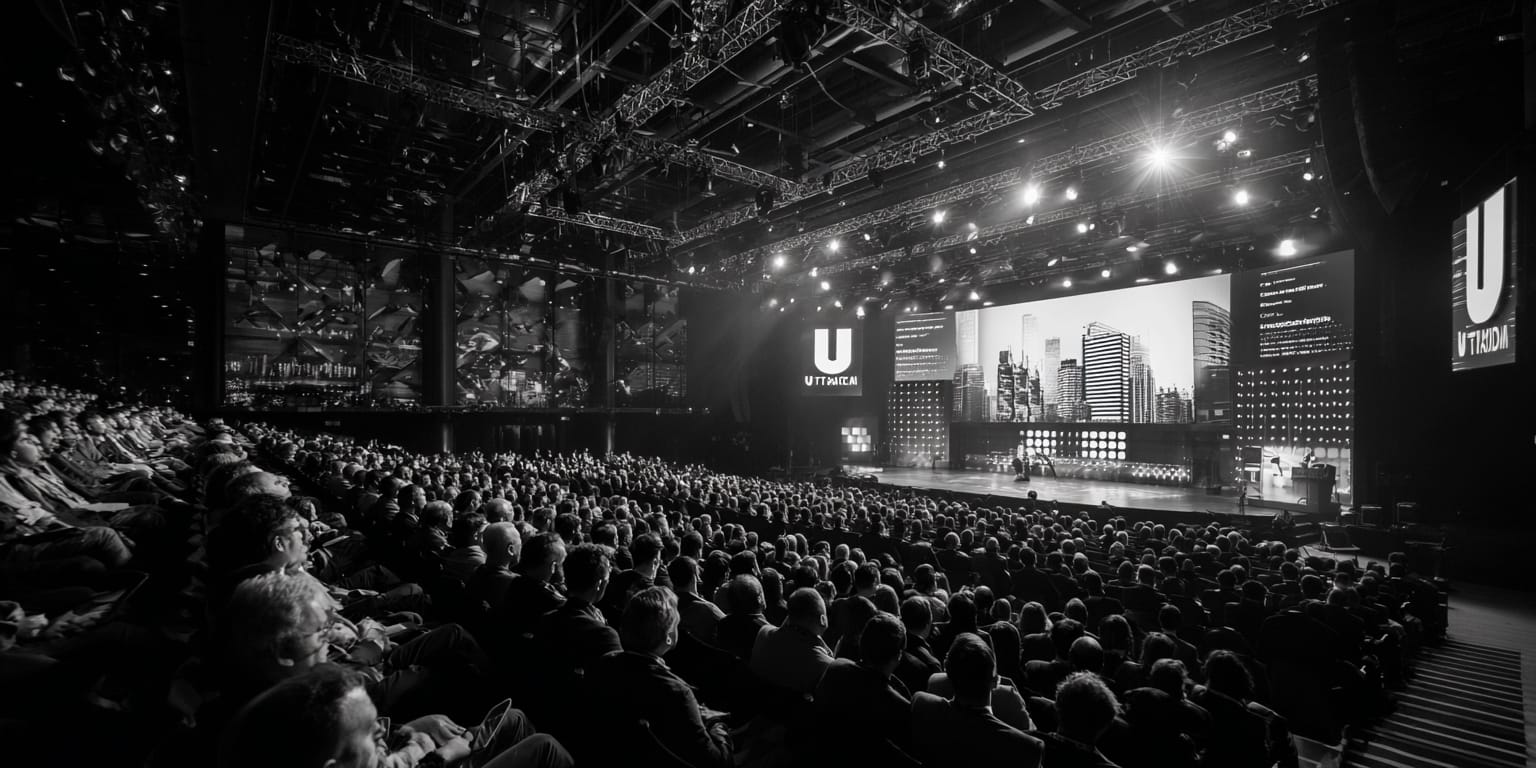Europe's Largest Tech Conference Returns to Lisbon With AI as Central Theme

Web Summit 2025 opened in Lisbon on November 10, bringing together 70,000 attendees from the global technology sector. According to Euronews, the four-day conference features 900 speakers, 2,500 startups, and 1,000 investors. The event faces an unusual logistics problem. Lisbon Airport cannot accommodate the volume of private jets attempting to land during the conference. Many attendees are being redirected to airports in Spain or other Portuguese cities.
The conference runs through November 13 at Parque das Nações. Major technology companies including Meta, Nvidia, Microsoft, and Boston Dynamics are participating. Web Summit CEO Paddy Cosgrave noted this represents the tenth year the conference has been held in Lisbon since moving from Dublin. He identified Poland as having the largest exhibition presence it has ever had at the event. Germany's participation has declined in comparison.
Artificial intelligence dominates the programming agenda. Sessions will examine vibe coding, a technology where applications can build software based on user descriptions. The conference will address government regulation of AI and questions about algorithmic bias. European Commissioner Henna Virkkunen is scheduled to speak about tech sovereignty and security. Des Hogan from the Irish Data Protection Commission will discuss data protection regulations.
Growing Concerns About AI Infrastructure Requirements
The conference addresses a pressing issue facing the technology sector. Data centers now consume 415 terawatt hours of electricity globally, according to the International Energy Agency. This represents 1.5 percent of total global electricity consumption in 2024. The IEA projects this figure will more than double to 945 terawatt hours by 2030.
AI-optimized data centers drive much of this growth. These facilities require as much power as 100,000 households. The largest data centers currently under construction will consume 20 times more electricity. Energy consumption from data centers has grown at 12 percent annually over the past five years. Web Summit dedicates specific sessions to examining how the technology sector can meet these escalating power demands.
The conference timing coincides with mounting pressure on technology companies to address their environmental footprint. Cooling systems alone account for 7 to 30 percent of data center electricity consumption depending on efficiency levels. The IEA reports that AI servers accounted for 24 percent of server electricity demand in 2024.
Technology Sector Faces Regulatory Pressure Across Multiple Fronts
The concentration of technology conferences in Europe reflects the region's position in shaping global technology policy. Portugal Resident reports that Web Summit programming includes discussions about Chinese technology influence and questions about who controls AI development. European regulators are proposing targeted amendments to the AI Act to ease compliance burdens on companies while maintaining oversight.
The startup ecosystem demonstrates shifting geographic patterns. Cosgrave's observations about increased Polish participation and decreased German presence suggest changing investment flows within Europe. Web Summit has helped companies like Revolut scale over its decade in Lisbon. The conference serves as a barometer for which European markets are attracting venture capital and talent.
Energy infrastructure presents a limiting factor for AI expansion. The IEA notes that data centers are highly geographically concentrated. Nearly half of data center capacity in the United States exists in five regional clusters. This concentration creates strain on local electricity grids. Some communities are rejecting data center projects due to concerns about power consumption and limited local benefits.
The technology industry faces competing pressures. Investors push for rapid AI deployment and commercialization. Regulators demand transparency about environmental impacts and data usage. Communities question whether the economic benefits of data centers justify their resource consumption. Web Summit provides a venue where these stakeholders can engage with each other directly.
Further Reading
For deeper insights into global adoption trends, our Alternative Financial Systems Index tracks regulatory frameworks and adoption metrics across 50 countries. The index monitors how different jurisdictions approach technology regulation and digital infrastructure development.









